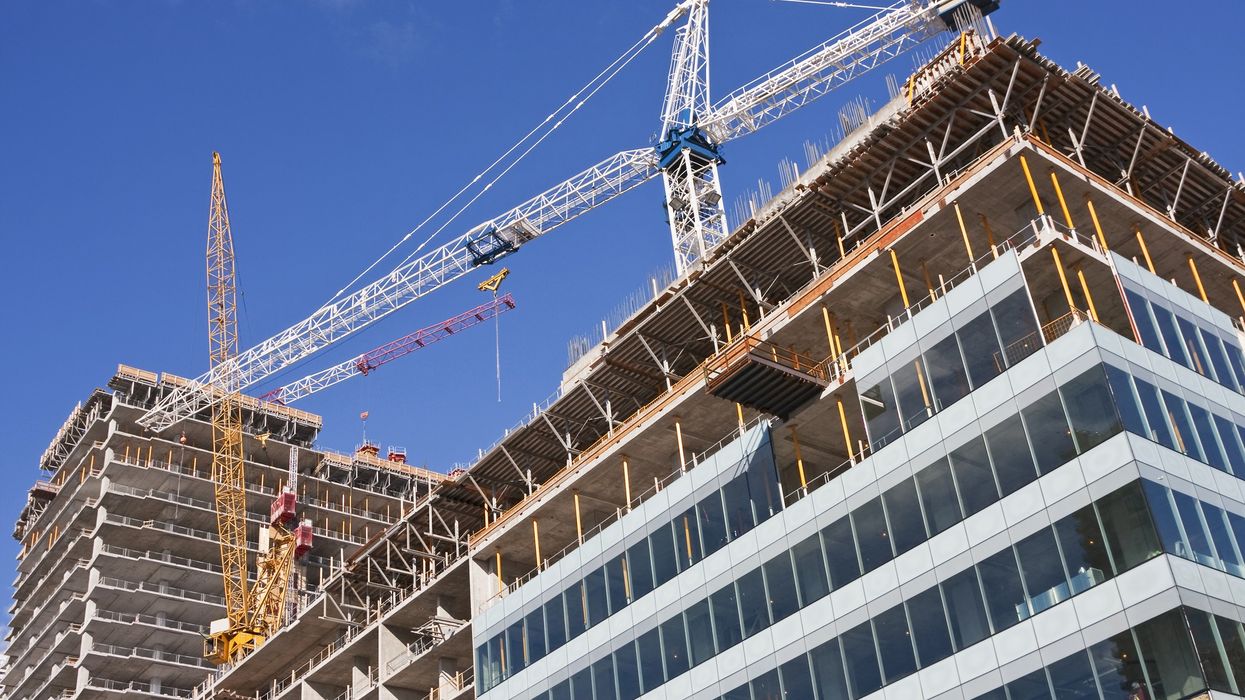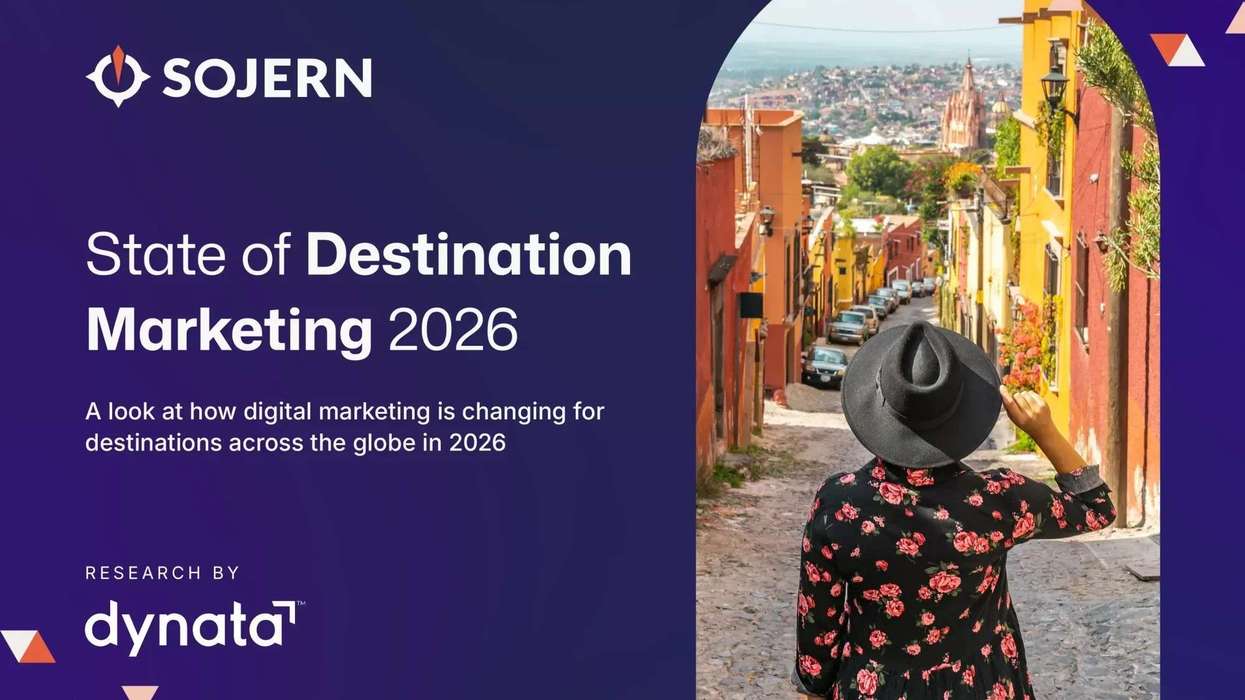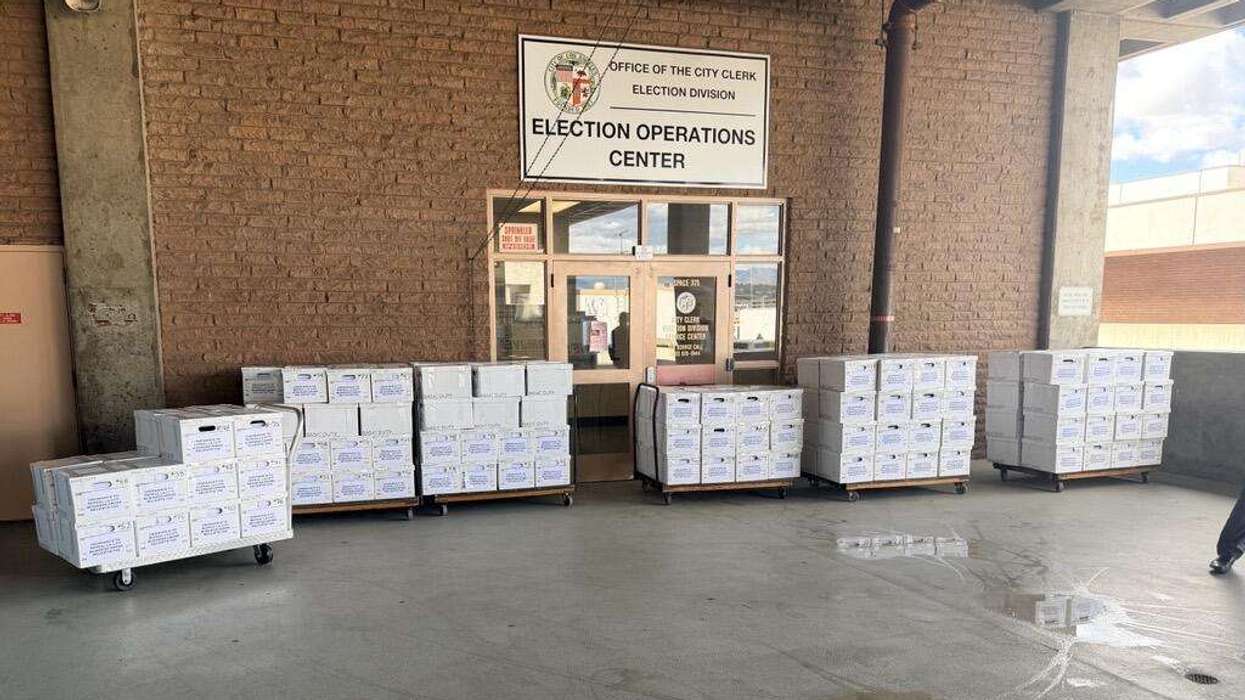THE AMERICAS STAND out as the sole global region to register a year-over-year surge in pipeline activity by the close of the first quarter, according to CoStar. Furthermore, the U.S. leads in room construction within the region, with approximately 156,525 rooms underway.
The volume of U.S. hotel rooms under construction grew year over year for the first time since June 2023, according to CoStar's March data. Approximately 156,525 rooms are under construction in the U.S., reflecting a 1.5 percent increase, CoStar data showed. Additionally, there are approximately 263,316 rooms in final planning, indicating a 9.8 percent rise, and about 324,522 rooms in planning, representing a substantial 39.5 percent increase.
“While the number of rooms in construction has grown, that figure remains below what was seen prior to the pandemic,” said Isaac Collazo, STR’s vice president for analytics. “However, month-over-month percentage changes have largely improved since October 2023 and the 156,000 rooms in that final phase of the pipeline is the highest since November of last year. These increases point to the rebalancing of the industry and the likelihood that developers are settling in for the long haul with present-day interest rates.”
U.S. project scale segments
Upper midscale and upscale projects continue to dominate the U.S. pipeline, accounting for more than half of the in-construction room count.
The luxury segment accounts for 4.3 percent with 6,466 rooms, while the upper upscale segment comprises 2.8 percent with 19,766 rooms. Additionally, the upscale segment comprises 4 percent with 35,912 rooms, the upper midscale segment comprises 3.6 percent with 42,605 rooms, and the midscale segment constitutes 2.9 percent with 14,733 rooms. The economy segment comprises 1.2 percent with 7,946 rooms.
Mexico, Canada and Brazil
In the Americas, construction surged with around 205,998 rooms, marking a 4.1 percent rise from March 2023, CoStar’s March 2024 data showed. Final planning saw 296,374 rooms, up by 6.8 percent from the previous year, while the planning phase boasted approximately 378,628 rooms, representing a significant 36 percent increase. Moreover, the region had 881,000 rooms under contract, a notable 16.9 percent uptick.
Following the U.S., Mexico reported approximately 13,335 rooms, while Canada and Brazil followed closely with 7,603 and 5,799 rooms under construction, respectively, CoStar said.
China leads in Asia Pacific
Construction activity soared with approximately 502,610 rooms in Asia Pacific, marking a 5.6 percent increase from March 2023, CoStar said. Final planning accounted for 109,926 rooms, reflecting a similar 5.6 percent rise from the previous year.
However, the planning phase saw a decrease, with approximately 289,041 rooms, down by 11 percent compared to the previous year. Moreover, the region had 901,577 rooms under contract, showing a marginal 0.4 percent decline compared to the same period in 2023.
China takes the lead in the Asia Pacific region with a total of 315,145 rooms under construction, followed by Vietnam with 37,113 rooms.
Germany, UK in Europe
In Europe, construction activity totaled around 172,499 rooms, marking a 6.8 percent decrease from March 2023, CoStar data revealed. Final planning accounted for 99,744 rooms, reflecting a notable 25.3 percent decrease from the previous year.
However, the planning phase saw an increase, with approximately 160,404 rooms, up by 3.1 percent compared to the previous year. Additionally, Europe had 432,647 rooms under contract, showing an 8.8 percent decline compared to the same period in 2023.
In the region, Germany took the lead in construction activity with 28,500 rooms, closely followed by the U.K. with 28,423 rooms.
ME pipeline
Construction activity comprised approximately 110,783 rooms in the Middle East, reflecting a 7.3 percent decrease from March 2023. Final planning accounted for 36,173 rooms, reflecting a notable 20.9 percent decrease from the preceding year.
The planning phase saw approximately 81,316 rooms, down by 3.3 percent compared to the previous year. Additionally, the Middle East had 228,272 rooms under contract, showing an 8.5 percent decline compared to the same period in 2023.
The bulk of pipeline activity in the region centers on the Middle East, with Saudi Arabia leading with 42,464 rooms and the UAE following closely with 9,046 rooms under construction.
Lodging Econometrics recently reported that the global hotel construction pipeline hit record highs in the fourth quarter of 2023, led by the U.S. with 5,964 projects and 693,963 rooms.






